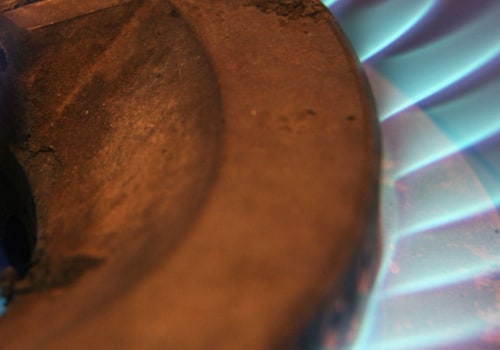To be a guarantor, you must be 18 years of age or older. However, in some cases, guarantors must be over 21 years of age. In addition, the lender will want assurances that you have a good credit score and that you can repay the loan yourself.
Guarantor
mortgages can offer first-time buyers a route to the scale of the property where they might otherwise struggle to be accepted by prime lenders.Your guarantor can be a self-financed retiree, or even with the pension (if you are over 65), provided you get legal advice before signing the loan offer and present a sound exit strategy to the lender. If you're 18 years old and can't get an apartment because of your lack of rental history, a friend in the same situation may not serve as an effective guarantor. The Financial Ombudsman says he receives complaints about guarantor loans from both sides of the story, borrowers and guarantors. However, if the borrower fails to make a payment and the guarantor is asked to make the expected payment to cover the default, a record will usually appear in the guarantor's credit file at that time.
The guarantor must fully own your property or owe less than 80% of the value of the property on your mortgage. If the loan is “secured”, the guarantor's home could be at risk if the borrower fails to meet the payments and the guarantor is also unable to pay. If you, as the guarantor, do not pay the debt, the creditor or a collection agency may come after you and the original borrower. Finally, you may need a guarantor if you don't have the credit score required by the lender or landlord.
This is not the case for unsecured guarantor loans, but the lender will continue to seek the guarantor for debt repayment, possibly through the courts. If a joint loan account is considered, it will immediately appear on the guarantor's credit history, which need not be a problem if the loan is properly managed and repaid. If you're trying to rent an apartment or apply for a loan and you don't have enough credit history to do so, you may need a guarantor to sign the contract with you. But if you don't mind having a roommate to help you save money, you might not need a personal guarantor if you meet the unit's qualification criteria.
Other types of guarantor loans allow the guarantor's property to be put as collateral against the loan. Lenders make decisions about how much you can borrow based on, among other things, your income, so having a guarantor could mean you can have a larger mortgage loan. The term of the loan could be long — five years, for example — and guarantors cannot be dismissed as guarantors until the loan they support has been fully repaid.






